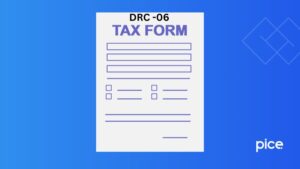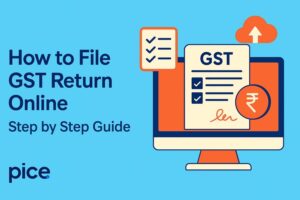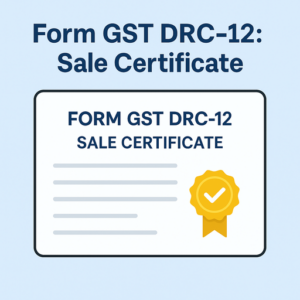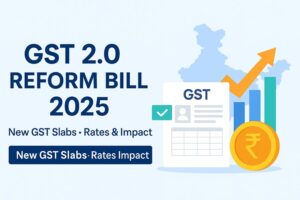What Happens When IGST Wrongly Paid as CGST and SGST?
- 13 Feb 25
- 7 mins
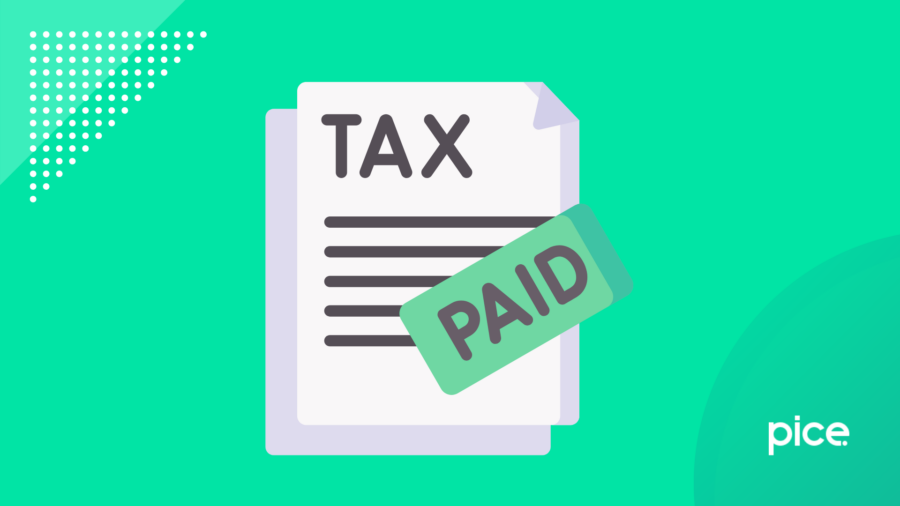
What Happens When IGST Wrongly Paid as CGST and SGST?
- When is Tax Wrongfully Collected and Deposited with the Central or a State Government?
- When Is an Interstate Sale Wrongly Treated as an Intrastate Sale?
- When Is an Intrastate Sale Wrongly Treated as an Interstate Sale?
- What Happens When Tax Is Collected But Not Deposited?
- When Tax Is Collected But Not Deposited with the Centre or States?
- Issue of the Order of Payment and Penalty
- Surplus
- Conclusion
Key Takeaways
- GST applies based on the place of supply for interstate or intrastate transactions.
- Wrong tax payments (IGST vs. CGST/SGST) can be corrected without penalties.
- No penalties if errors are fixed properly, but correct tax must be paid.
- Collected GST must be deposited within 3 months to avoid fines.
- Excess tax after correction is refunded or credited to the Consumer Welfare Fund.
Goods and Services Tax (GST) is a relatively new concept of taxation that includes aspects such as the 'place of supply'. In many places, GST is being called a consumption-based tax because it is applied in the state where the transaction of goods or services takes place.
Let us understand the effect of GST better with an example. Suppose a seller registered in Kolkata (West Bengal) sells an item to a buyer in Pune. Now, the person in Pune tells the seller to forward the commodity to Durgapur (West Bengal). In this case, although the supplies are moved within the same state, the transaction will still be considered an interstate sale.
The above scenario can seem confusing, and likewise, the tax calculation is subject to mistakes. Under such circumstances, a registered taxpayer can end up in a situation where IGST is wrongly paid as CGST and SGST. Therefore, in this guide, we will discuss how the GST law addresses these typical scenarios.
When is Tax Wrongfully Collected and Deposited with the Central or a State Government?
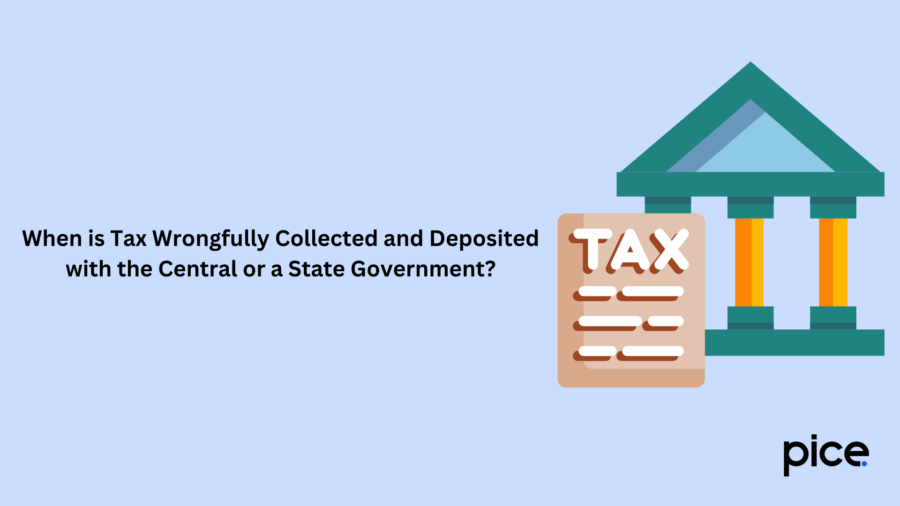
Refer to the table below to get an idea about what happens if you pay GST wrongfully under a different category.
| Category of Sale | Applicable Tax | Tax Actually Paid | Rectification | Penalty/Interest |
| Intrastate Supply | CGST and SGST | IGST | Settle CGST and SGST and claim a refund for IGST | Not Applicable |
| Interstate Supply | IGST | CGST and SGST | Pay IGST and claim a refund for both SGST and CGST | Not Applicable |
When Is an Interstate Sale Wrongly Treated as an Intrastate Sale?
Suppose, a GST-registered vendor pays the Government CGST/SGST against an interstate sale. In this case, the confusion happened as the taxable person mistakenly treated the sale as an intra-state transaction. In reality, he/she should have charged IGST from the buyer rather than SGST/ CGST.
For the above-mentioned mistake, the taxpayer will need to pay IGST to the concerned authorities and seek a refund for the sum paid towards CGST/ SGST.
When Is an Intrastate Sale Wrongly Treated as an Interstate Sale?
This is another typical mistake that takes place when someone mistakenly treats an actual intra-state supply as an inter-state supply. As a result, they levy IGST from the buyer during a sale instead of CGST/ SGST.
To nullify the mistake, the concerned taxable person must pay the required amount of CGST/ SGST and seek reimbursement of the sum furnished as IGST.
No penalties are levied as long as the person settles the valid tax amount later on. Also, a taxpayer will not incur any additional interest if they rectify their mistakes following the prescribed format.
Whenever IGST is wrongly paid as CGST and SGST, the calculations are done separately to determine the reclaimable tax amount. Taxpayers need to follow a standard procedure for this rectification that varies greatly from the regular GST refund claims. As per a clause in the GST Bill, interest will not be applicable if the correct tax is settled later.
The relaxations are extended to provide some relief to SMEs, which are prone to making taxation mistakes in their early days due to limited awareness and resources. Otherwise, if interest or penalties had been applied, they could have seemed unduly harsh for growing businesses.
Moreover, the GST Council considers the current implementations to be morally justifiable, as these mistakes are more likely attributable to negligence rather than an intentional attempt to evade taxes.
What Happens When Tax Is Collected But Not Deposited?
Failing to deposit collected GST to the government within the next 3 months will result in fines/penalties. Also, a penalty is levied when a taxpayer tries to reclaim CGST/ SGST by fraud. Below, you can find details about the same.
When Tax Is Collected But Not Deposited with the Centre or States?
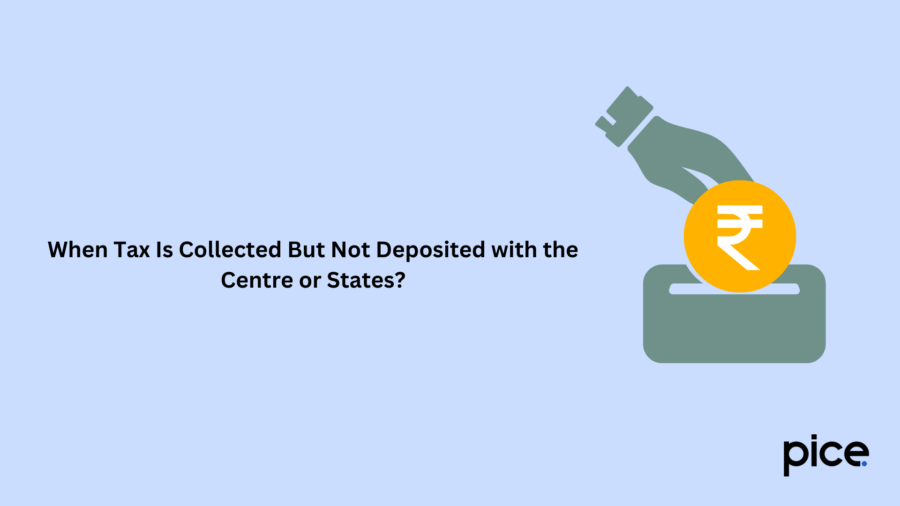
Although the GST law tolerates wrong tax deposits, it has strict guidelines regulating the late payment of taxes that have already been collected from the buyer. Any registered taxpayer who has collected GST must pay it duly to the State or Central Government. This rule is uniform regardless of whether a business is dealing with taxable or non-taxable supplies.
Therefore, a seller cannot claim GST and further down the line declare that their supplies were GST-exempt and thus they did not pay the collected tax amount to the GST Council. This is how the GST Act ensures that no business operator gets to exploit the existing laws.
If anyone is found guilty of tax evasion, penalties will apply regardless of any verdict from any court or tribunal. First, the proper officer serves a show-cause notice and then the taxpayer is offered a chance for a hearing if they issue a request in writing.
Issue of the Order of Payment and Penalty
A taxpayer can follow this procedure to settle the due amount of tax along with applicable penalties:
- The proper officer will assess the situation and send an order to the respective taxpayer, allowing them to settle the GST amount with an accrued penalty.
- Next, the person settles the collected GST amount plus the late fee for a deferred payment of tax.
- While calculating the interest, the GST Council considers the period between the tax collection date to the date of GST settlement. Interest rates are specified later.
- The issuance of the order has to be within one year from the show-cause notice issuance date.
- If the court puts things on hold, that time will not be counted towards the interest period.
Surplus
In situations where a surplus amount is there after the settlement of due GST then the exact amount is either credited to the Consumer Welfare Fund or refunded to the buyer. Consumers can claim an admissible refund within 6 months after the public notice has been issued by the GST Council.
Conclusion
As you can notice, the GST law has strict repercussions for a concerned person who attempts to defer or avoid tax payments. However, if IGST is wrongly paid as CGST and SGST then you can avoid any legal consequences by simply rectifying your mistake of tax payment. For the correct procedure of rectifying a wrong payment, you can take the help of a tax professional while executing this task.
💡If you want to streamline your payment and make GST payments via credit card, consider using the PICE App. Explore the PICE App today and take your business to new heights.
 By
By 





